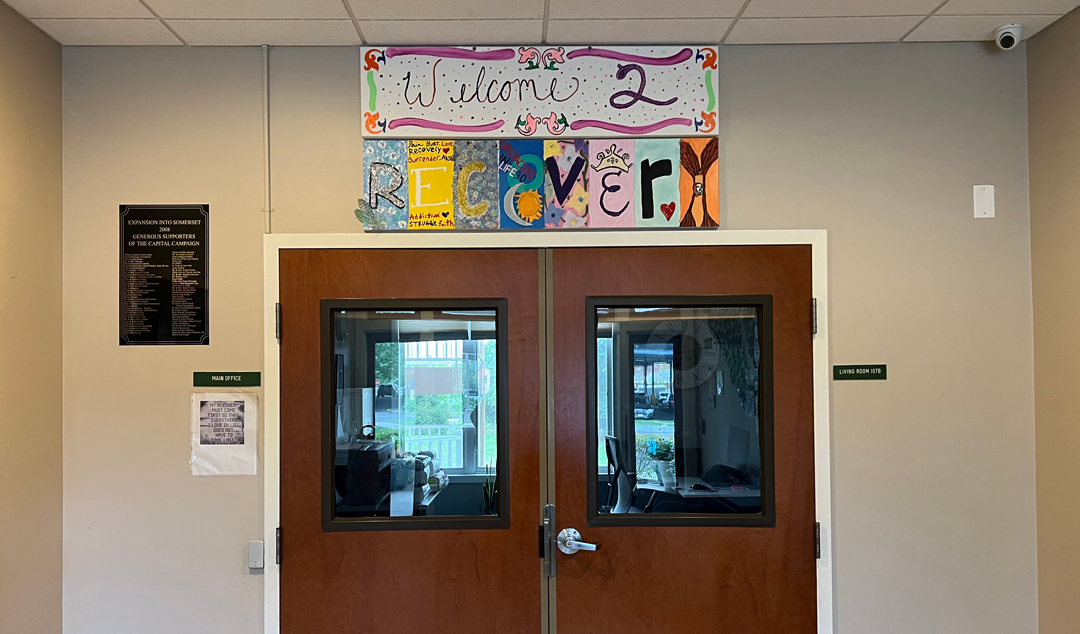
You again? The stigma of addiction I experienced firsthand.
“Why can’t you just stop using?”
“You relapsed again?”
“When are you going to get it together?”
Stigma is defined as “a mark of disgrace or infamy.” The stigma of addiction – or the mark of disgrace or infamy associated with this brain disease – stems from negative attitudes towards people coping with substance use disorders. This discrimination comes from institutions, like treatment centers and hospitals as well as from family, friends and the general public who openly express their negative attitudes, thoughts and actions towards people living with the disease of addiction.
All three of the aforementioned judgment statements not only contribute to the stigma of addiction but help to fuel the crisis of addiction itself. These statements were made towards me while I was in the darkest moments of my active addiction. As I attempted to hold on to hope and envision better days for myself, I was often made to believe that I was a moral failure, that I was morally bankrupt and weak, and that there was something innately flawed about me. Stigma unleashed its power during times I sought help: being called a “junkie” as I sat across from a counselor who I knew had already formed his opinion about me; seeing the look in a healthcare provider’s eye when I would enter the same treatment program for the second, third, and fifth time. “You again?” they would ask, as if to say, “How much longer are you going to keep doing this?” While much of the stigma I have experienced came from healthcare professionals, much of the time many of these thoughts and beliefs mirror those of the general public.
But not at The Center for Great Expectations.
At The Center for Great Expectations, we do it differently. We don’t just “treat” addiction. We treat anxiety, depression, loneliness, fear, and despair. We treat the wound. We understand that drugs and alcohol are the band-aid, therefore we treat the bullet hole. The trauma.
Here, we do not subscribe to the idea that addiction is a result of one’s moral failing or one’s poor personal choices. We do not believe that people struggling with substance use are innately flawed or believe that they lack a moral compass. We know that stigma is a barrier to effective treatment. We challenge that stigma and the stereotypes associated with addiction by holding space for the woman who walks through our doors holding her infant in her arms as she looks ahead towards the wall in our main lobby. “Welcome to Recovery” the sign reads. She begins her journey while keeping hope alive, not just for herself, but for her child, as she learns to trust that here, there is a seat for her – one that she does not have to fight for – one that she has earned.
Because here, at The Center for Great Expectations, we believe – we know – that recovery is possible.


